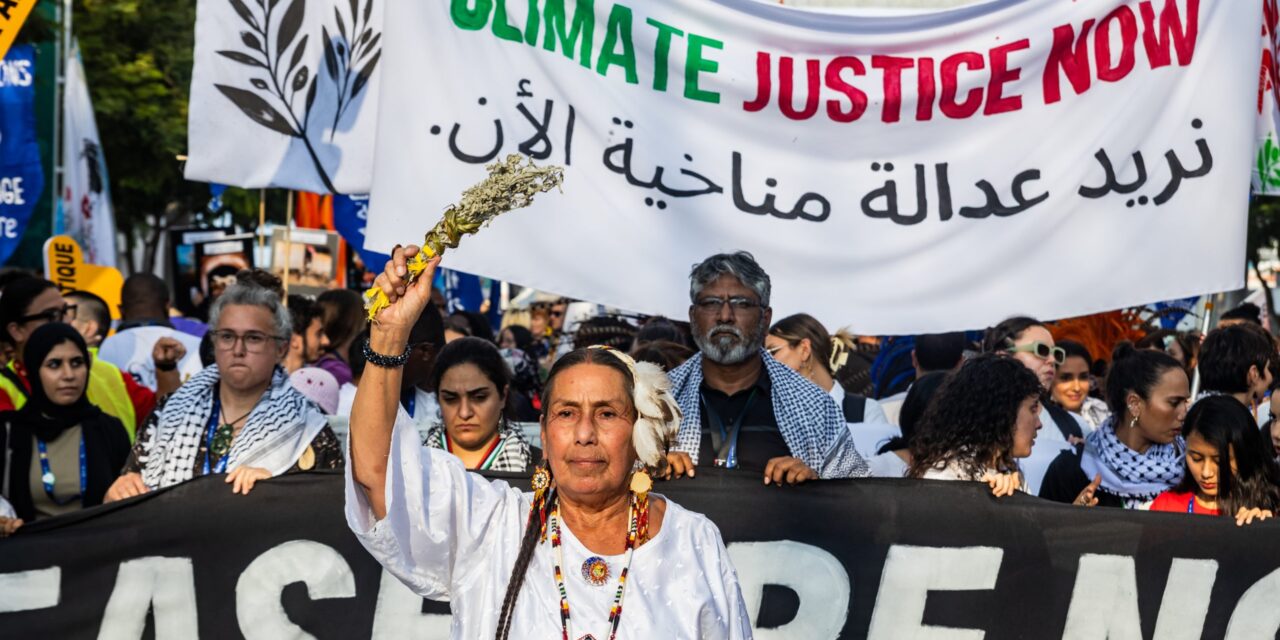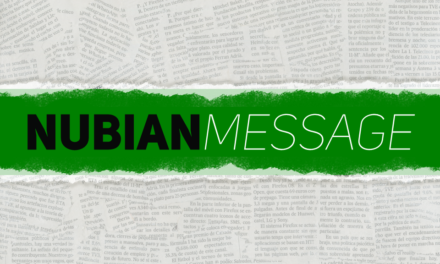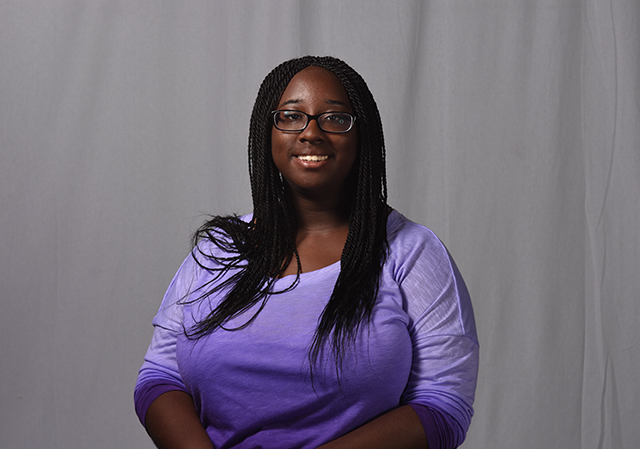Image from Creative Commons
In recent years, the landscape of sociopolitical activism has only grown more intense, especially with the increased use of social media. Some movements have grown more prominent than others, shedding light on how individuals can come together to advocate for justice and human rights. Among these movements, the calls for a free Palestine, free Congo and free Sudan have echoed intensely within the Pan-African movement despite having varying geographical and cultural foundations.
The Israel-led genocide in Palestine, specifically in the Gaza Strip, has resulted in several calls for boycotts against companies that support or are associated with Israel. These boycotts are primarily led by the Boycott, Divestment, and Sanctions (BDS) movement, as well as protesters calling for a permanent ceasefire. The BDS movement is the first thing people should check out when looking for ways to support the people of Palestine, as they are a nonviolent Palestinian-led organization the promotes boycotts against Israel.
Though the blaring call for “Free Palestine” seems relatively new, Palestine’s struggles have raged on for decades as Palestinian people have sought liberation and statehood. While Palestinians aren’t of African descent, their struggle is intertwined with African people. Both the African and Palestinian experiences have been shaped and molded by imperialism and colonialism at the hands of Europeans. Pan-Africanism emerged as a response to this, seeking to dismantle the oppressive systems set in place by those who laid siege on their region. Because Pan-Africanists recognize the injustices occurring against Palestinians, they see the Palestinian cause in allegiance with their own and stand with them in solidarity.
The Pan-African movement’s connection to the Free Congo and Free Sudan movements is much more personal because those nations lie within the heart of Africa. The Democratic Republic of Congo (DRC) and Sudan are deep in crisis, though they don’t get nearly enough attention as they should.
The DRC fell victim to colonization at the hands of Belgium. Under the ruthless reign of King Leopold II, an estimated 10-15 million people were murdered. The DRC only recently gained independence in 1960 and remains vulnerable to outside interventions and resource extraction. In 2023, the Global Conflict Tracker reported that the DRC saw a rise in violence due to “clashes involving militant groups over territory and natural resources, extrajudicial killings by security forces, political violence, and rising tensions with neighboring Rwanda.” With the DRC trying to create a new government, currency inflating and commodity prices falling, the country is in a dire and dangerous situation. Mining minerals such as cobalt also contributed to the country’s current chaotic state. Some social media users have shared that they’ve decided to stop using vapes and purchasing new phones, both made with cobalt, to show support for the people in the DRC.
Sudan has gotten the least amount of coverage compared to Palestine and the DRC, but the Sudanese people have endured unbearable suffering since the conflict between the Sudanese Armed Forces (SAF) and the Rapid Support Forces (RSF) started more than a year ago. Over 14,000 people have been killed with even more being wounded, and according to the UN’s Peace and Security report on Sudan, half of the country’s population–25 million people–need “lifesaving assistance.” Atrocities have spread across Sudan, with sexual violence used as a weapon of war and children being recruited to join and fight in the conflict. External interference has only fueled the fire and has made it more difficult to negotiate a ceasefire, seeing as outside sources have supplied the SAF and the RSF with war materials. Mohamed Ibn Chambas, High Representative for the Silencing the Guns initiative of the African Union Commission, said in a statement, “It will take more than a generation to rebuild Sudan to its pre-war state.”
In light of the crises taking place in these countries, as well as the recent Pan-African week at NC State, I asked some students this question: What is your opinion on global movements such as Free Palestine, Free Congo, and Free Sudan and how do you believe they’re all connected?
Dominique Bell, a second-year majoring in Fashion and textile design, said, “Free Palestine, Free Congo, and Free Sudan, are such important expressions of solidarity and support for those struggling against injustice and oppression and I completely stand with them all. While each movement is rooted in different things, they are interconnected by their common goal of seeking freedom, self-determination and human rights for their respective populations. These movements highlight the need for international awareness, solidarity and action to address systemic injustices and support the aspirations of marginalized communities, but I’m so sad as a country we haven’t been able to help these populations.”
Anamari Thomas Carter, a third-year majoring in Sociology and minoring in Statistics, said, “My opinion on these global movements is very strong. There is no reason why anyone should suffer through the brutal conditions of genocide or exploitation of resources for capitalistic gain. The connection between the Congo, Palestine, and Sudan is that our world leaders have chosen greed over humanity, which is something that even our own country has suffered from since the beginning of our [America’s] creation. We as citizens of a place where we have the privilege to witness as opposed to endure have a responsibility to educate each other and ourselves. Not just on the issues that are going on currently, but the historical processes that have led up to what’s taking place in Palestine, the Congo and Sudan. I feel as if we lose sight of this at times, but if it can happen in front of us every day, then it can certainly happen to us. Get educated now.”
The efforts for freedom in Palestine, Congo and Sudan are ongoing, each with distinct contexts, but they intersect through the paradigm of Pan-Africanism. Even more than that, they intersect under the paradigm of morality. People who don’t live in these countries are free have a moral obligation to be the voice for the people who aren’t allowed to use theirs because we cannot truly experience freedom until all people.




